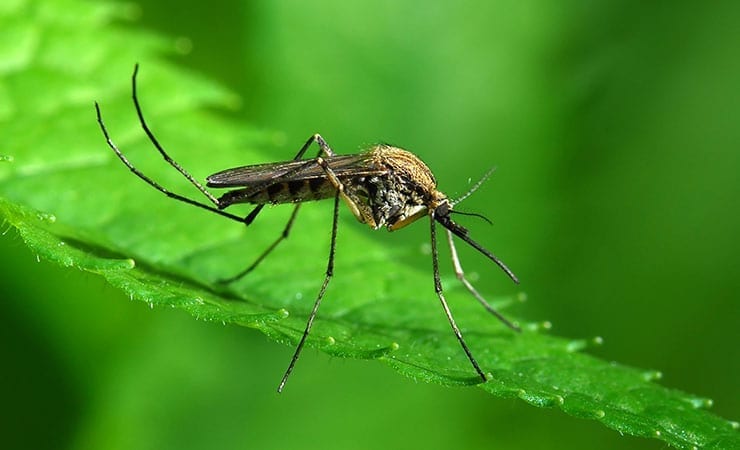Seven months after the mosquito-borne virus chikungunya was recognized in the Western Hemisphere, the first locally acquired case of the disease has surfaced in the continental United States. The case was reported Thursday, July 17 in Florida in a male who had not recently traveled outside the United States.
The Centers for Disease Control and Prevention is working closely with the Florida Department of Health to investigate how the patient contracted the virus; CDC will also monitor for additional locally acquired U.S. cases in the coming weeks and months.
Since 2006, the United States has averaged 28 imported cases of chikungunya per year in travelers returning from countries where the virus is common. To date this year, 243 travel-associated cases have been reported in 31 states and two territories. However, the newly reported case represents the first time that mosquitoes in the continental United States are thought to have spread the virus to a non-traveler.
This year, Puerto Rico and the U.S. Virgin Islands reported 121 and two cases of locally acquired chikungunya respectively.
“The arrival of chikungunya virus, first in the tropical Americas and now in the United States, underscores the risks posed by this and other exotic pathogens,” said Roger Nasci, Ph.D., chief of CDC’s Arboviral Diseases Branch. “This emphasizes the importance of CDC’s health security initiatives designed to maintain effective surveillance networks, diagnostic laboratories and mosquito control programs both in the United States and around the world.”
Chikungunya virus is transmitted to people by two species of mosquitoes, Aedes aegypti and Aedes albopictus. Both species are found in the southeastern United States and limited parts of the southwest; Aedes albopictus is also found further north up the East Coast, through the Mid-Atlantic States and is also found in the lower Midwest.
Local transmission occurs when a mosquito bites someone who is infected with the virus and then bites another person.
It is not known what course chikungunya will take now in the United States. CDC officials believe chikungunya will behave like dengue virus in the United States, where imported cases have resulted in sporadic local transmission but have not caused widespread outbreaks. None of the more than 200 imported chikungunya cases between 2006 and 2013 have triggered a local outbreak. However, more chikungunya-infected travelers coming into the United States increases the likelihood that local chikungunya transmission will occur.
People infected with chikungunya virus typically develop fever and joint pain. Other symptoms can include muscle aches, headaches, joint swelling or rash. Infection with chikungunya virus is rarely fatal, but the joint pain can often be severe and debilitating. This virus is not spread person to person. There is no vaccine and no specific treatment for infection, but research is underway in both areas. Patients recover in about a week, although long-term joint pain occurs in some people.
Read more on chikungunya in the United States:



